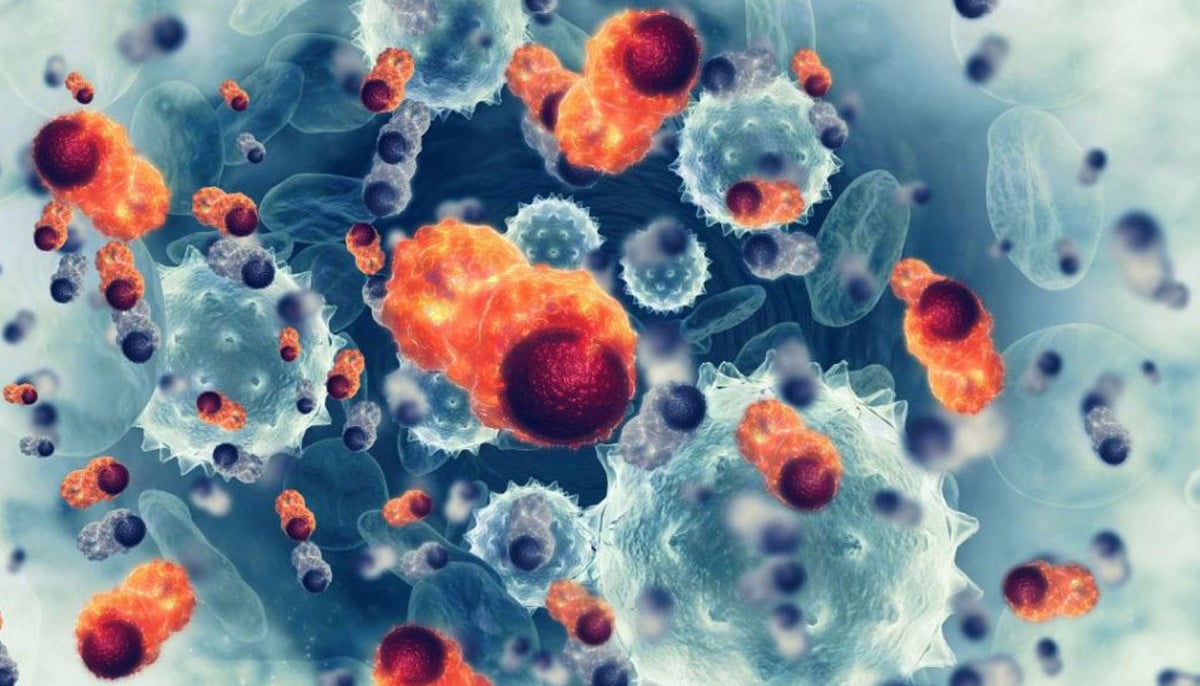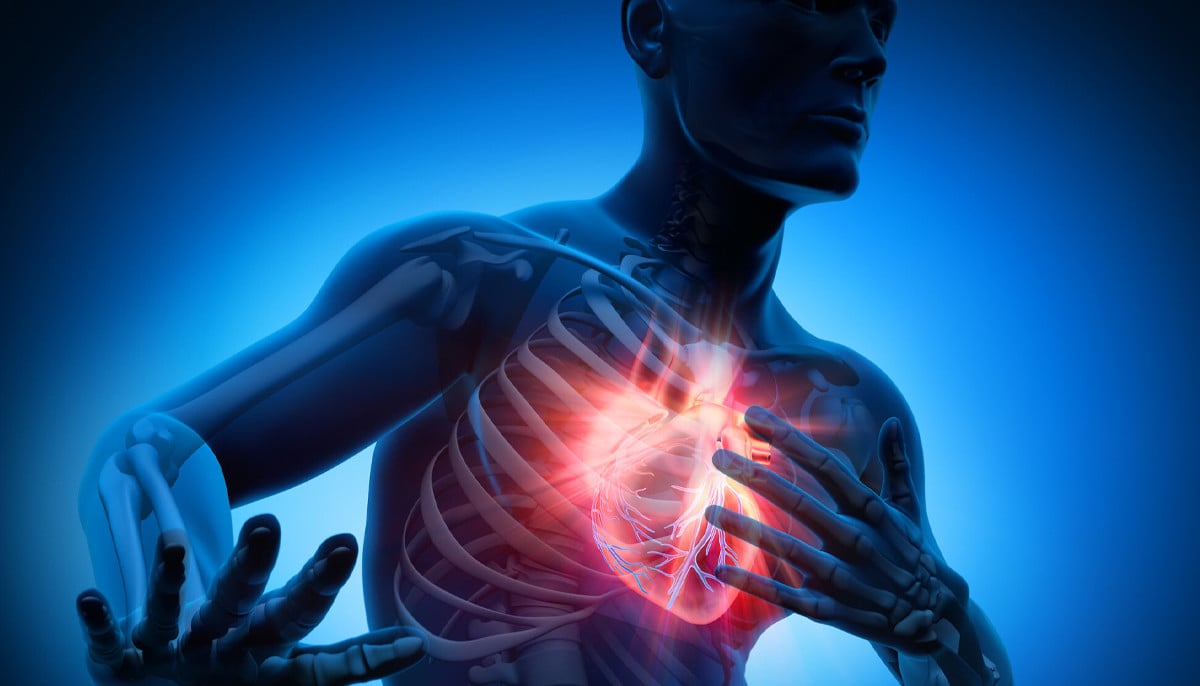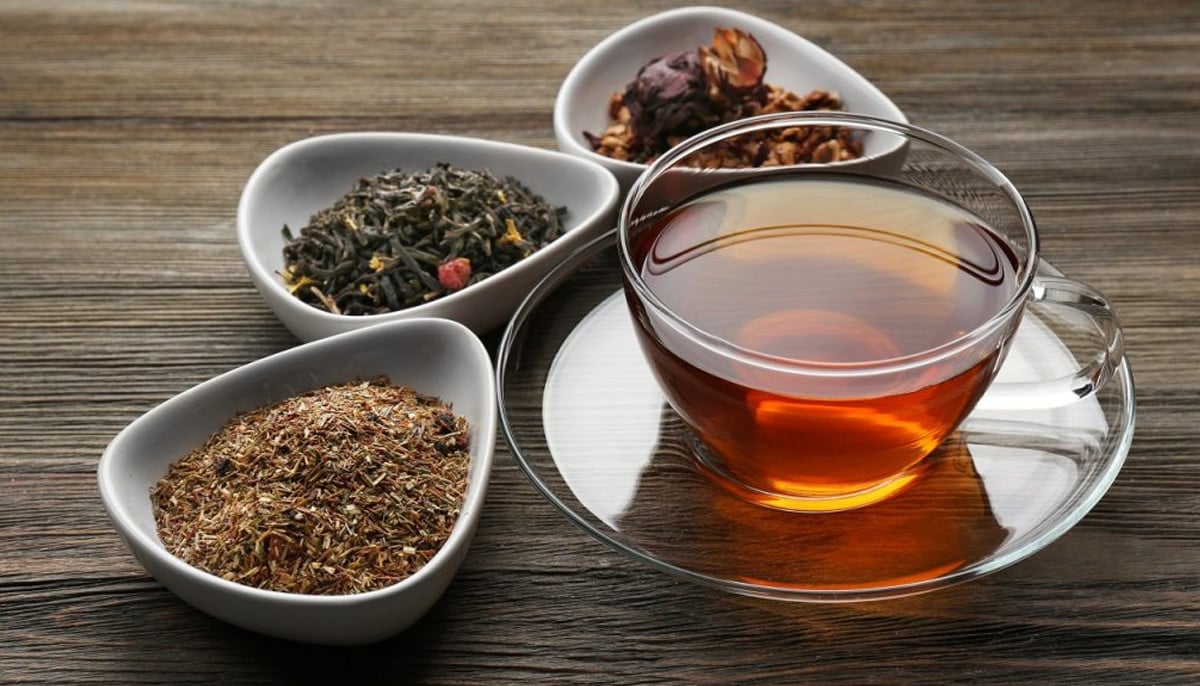'Taurine supplements tend to slow ageing process'
Other benefits include lower levels of inflammation, lesser likeliness to have Type 2 diabetes, high blood pressure, or obesity
A recent study released on Thursday revealed that taurine, an amino acid present in meat, can halt the ageing process and promote a healthy and long life when consumed in sufficient amounts through supplements.
The study, which was published in the journal Science, noted that this effect was observed in a number of animal species, and experts believe that a similar phenomenon may potentially happen in people.
The study co-author, Vijay Yadav, an assistant professor of genetics and development at the Vagelos College of Physicians and Surgeons, the medical school for Columbia University in New York City, said: "This is a really exciting time because researchers are now exploring specific molecules, such as taurine, that might improve health and lead to a longer life."
Based on the study's results, taurine levels declined significantly with age in mice, monkeys, and humans. "No one knows yet why levels of the nutrient decline as much as 80% with age," Yadav said.
The research carried out with mice and monkeys showed that the supplements improved the health of middle-aged animals.
The mice who received the supplements gained less weight, had greater immunological function, decreased insulin resistance, enhanced bone density, improved muscle strength, and lived 10% longer.
Also, it reduced age-related weight gain, enhanced bone density, improved fasting blood sugar levels, and strengthened the immune system in monkeys.
"It's hitting the brakes on ageing, not putting things in reverse gear," he said at a news briefing.
The information suggests that it might be relevant to people.
Based on the results of research that looked at data from the University of Cambridge, which monitored the health, diet, and physical activity of men and women from ages 40 to 79 from 1993 to 1998, people with higher taurine levels were healthier, had lower levels of inflammation, and were less likely to have Type 2 diabetes, high blood pressure, or be obese,
Effects of Exercise on Taurine levels
The research revealed that exercise tends to increase taurine levels.
Yadav said: "The next step is to run a clinical trial to determine whether similar benefits can be seen when humans receive taurine supplements,” adding that he couldn’t recommend that “people try to boost their taurine levels without such data."
Henning Wackerhage, a co-author of the study and a professor of exercise biology at the Technical University of Munich, said: "Fortunately, the European Food Safety Authority has deemed doses of taurine in humans similar to what was given to the mice to be safe."
Wackerhage voiced concern about the amount of caffeine in the drinks, despite the fact that the levels of taurine added to energy drinks would be safe.
Regarding greater doses, Yadav claimed that nobody is certain if there will be any safety concerns.
Foods with a High Taurine Composition
Although humans only produce a limited quantity, they primarily obtain it through diet.
The highest concentrations of taurine can be found in shellfish and dark meat from chicken and turkey, and modest amounts can be found in other meats.
Moreover, other dairy products like milk and ice cream also contain taurine, albeit in smaller amounts.
-
All you need to know guide to rosacea
-
Prevent cancer with these simple lifestyle changes
-
Experts reveal keto diet as key to treating depression
-
Skipping breakfast? Here are some reasons why you shouldn't
-
Sciences reveals shocking body response against heart attack
-
Anti-inflammatory teas to keep your gut balanced
-
Emma Stone reveals she is ‘too afraid’ of her ‘own mental health’
-
5 simple rules to follow for smooth, healthy hair












